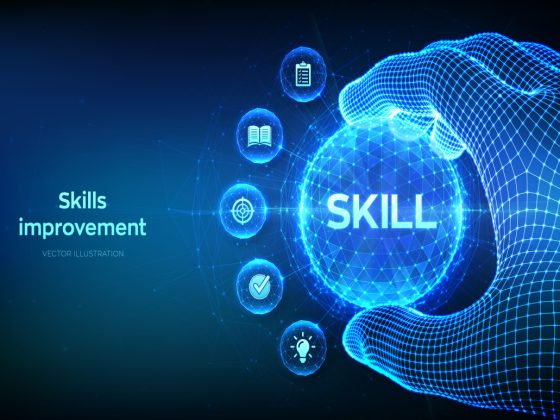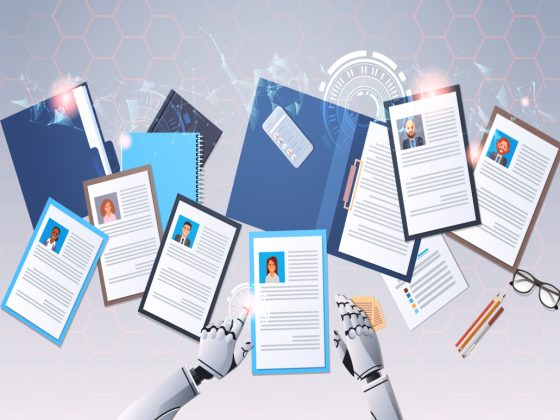Job interviews can be nerve-wracking experiences for many people. However, with the right preparation and mindset, you can turn an interview into a valuable opportunity to showcase your skills and impress your potential employer. As a career coach, I’ve worked with many clients to help them prepare for job interviews, and I’ve compiled some tips and tricks to help you ace your next interview.
Understand the company culture and their core values
Before going into an interview, it’s important to do your research on the company. Beyond learning about the job duties and requirements, you should also understand the company culture and their core values. You can do this by checking out company website, their social media pages and employee reviews on Glassdoor. This can help you understand their company culture and values, and tailor your responses to highlight how you can fit in and add value.
For example, if you learn that the company has a strong emphasis on teamwork and collaboration, you can highlight your experience working on team projects and your ability to communicate effectively with colleagues.
Practice with mock interviews
Practicing with mock interviews is an effective way to prepare for the real thing. You can enlist the help of a friend or family member to conduct a mock interview or consider using online resources to practice your interview skills.
During a mock interview, try to simulate the conditions of a real interview as closely as possible. Dress professionally, have your resume and any notes ready, and practice your responses to common interview questions. The more you practice, the more comfortable and confident you’ll feel during the actual interview.
Highlight your soft skills
In today’s job market, employers are increasingly valuing soft skills like communication, teamwork, and problem-solving. Be prepared to highlight these skills during your interview, and give specific examples of how you’ve used them in past roles.
For example, if you’re asked about a time when you had to work with a difficult colleague, you can discuss how you used your communication skills to resolve the conflict and work together effectively.
Showcase your digital skills
With remote work becoming more common, digital skills are also becoming more important. Highlight your proficiency in digital tools and technologies, such as video conferencing software or project management tools.
If you’re applying for a job that requires remote work, be prepared to discuss your experience working remotely and your ability to stay organized and productive without direct supervision.
Prepare for behavioural questions
Behavioural questions are becoming more common in job interviews. These questions ask you to give examples of how you’ve handled specific situations in the past. Prepare for these questions by brainstorming examples from your work experience that demonstrate your skills and abilities.
For example, if you’re asked about a time when you had to handle a difficult customer, you can discuss how you remained calm and professional, listened to the customer’s concerns, and found a solution that satisfied both the customer and the company.
Discuss your passion for the industry
Employers want to hire candidates who are passionate about their work. During your interview, discuss your enthusiasm for the industry and your desire to make a positive impact in the field.
For example, if you’re applying for a job in healthcare, you can discuss your passion for helping others and your desire to make a difference in people’s lives.
Ask about diversity and inclusion initiatives
Many companies are prioritizing diversity and inclusion initiatives in their hiring practices. Ask about these initiatives during your interview to show that you value these efforts and are committed to working in an inclusive environment.
For example, you can ask about the company’s diversity and inclusion policies, employee resource groups, or any recent initiatives they’ve implemented to promote diversity and inclusion.
Be prepared to talk about your side projects
Employers are increasingly valuing candidates who have side projects or hobbies that demonstrate their skills and passions. Be prepared to talk about any side projects or hobbies you have that relate to the job you’re applying for.
For example, if you’re applying for a marketing job, you can discuss a blog or social media account you manage that showcases your marketing skills. If you’re applying for a software development job, you can discuss a coding project you’ve worked on in your free time.
Show your problem-solving skills
Employers want to hire candidates who are problem solvers. During your interview, be prepared to discuss how you’ve approached challenging problems in the past and the steps you took to find a solution.
For example, if you’re asked about a time when you faced a difficult project, you can discuss how you broke down the project into smaller tasks, prioritized the most important tasks, and worked efficiently to meet the deadline.
Follow up after the interview
Following up after the interview is an important step that many candidates overlook. It shows that you’re still interested in the job and can help you stand out from other candidates.
Send a thank-you note or email to your interviewer within 24-48 hours after the interview. In your message, thank them for their time and reiterate your interest in the position. You can also use this opportunity to mention anything you forgot to mention during the interview or to clarify any points that you feel were misunderstood.
As a career coach, I can assure you that acing your job interview is possible with the right preparation, mindset, and attitude. And with these tips and tricks, you’re sure to increase your chances of landing that dream job. Best of luck with your next interview!








